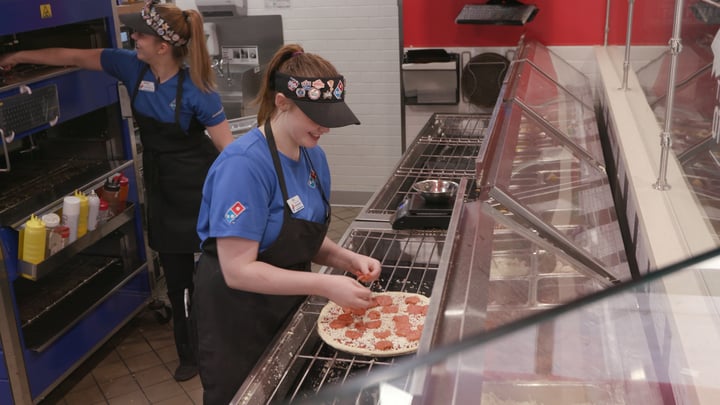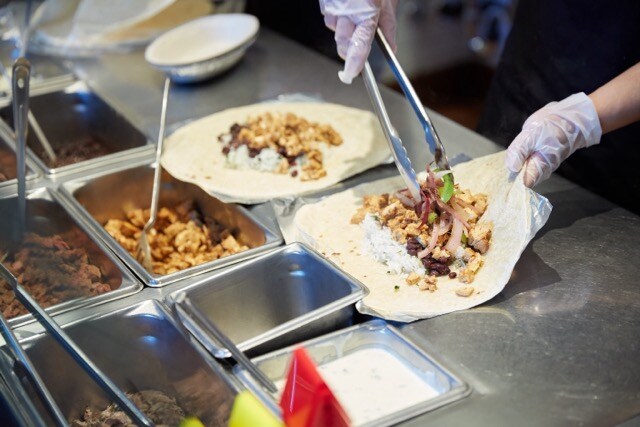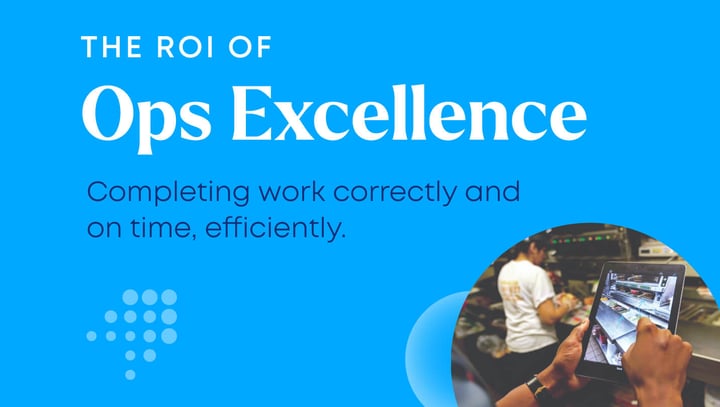
- Home
- Crunchtime Blog
- Elevating Food Safety Standards Across Borders: Essential Tips for International Restaurant Leaders

Elevating Food Safety Standards Across Borders: Essential Tips for International Restaurant Leaders
In an increasingly global restaurant landscape, upholding food safety standards has never been more important. For restaurant operators in the UK, the Middle East, and beyond, the challenges of maintaining consistent and reliable food safety practices only grow as brands expand into new regions. Local regulations, workforce dynamics, and cultural nuances all play a role in food safety protocols, making it critical for international leaders to adopt a proactive, adaptable approach.
1. Reducing the Risk of "Pencil Whipping" to Ensure Authentic Compliance
In regions with high employee turnover or seasonal staffing, pencil whipping—falsifying records to meet requirements—can become a persistent challenge. This issue is a common one in the restaurant industry worldwide, but it’s particularly risky in high-paced settings where shortcuts may be taken under pressure. To mitigate this, international brands should establish clear, accessible digital systems for compliance checks, replacing manual entries that can be easily manipulated.
Digital solutions allow management to track and verify records in real-time, reducing the likelihood of pencil whipping. For instance, by using automated alerts and digital task tracking, leaders can ensure that essential procedures are completed and recorded accurately—no matter where in the world their teams are based.
2. Establishing Universal Yet Adaptable Food Safety Practices
Food safety is a top priority in every market, but specific requirements can vary greatly. In the UK, strict guidelines govern everything from refrigeration temperatures to allergen labelling, while in the Middle East, there are additional considerations for halal food handling and region-specific hygiene standards. To stay compliant, international brands should establish core safety protocols that align with their brand but are also adaptable to meet local regulations.
Some essential, universally applicable practices include:
- Consistent Temperature Checks: Ensure all food storage and preparation areas maintain safe temperatures to reduce the risk of contamination.
- Thorough Cleaning Protocols: Define and enforce cleaning schedules to maintain hygiene in every location.
- Clear Allergen Management: Ensure ingredients are carefully managed to avoid cross-contact and provide transparent information for customers, especially in markets like the UK, where allergens are a focus of food safety legislation.
3. Conducting Regular, Culturally-Sensitive Food Safety Audits
Regular food safety audits are a cornerstone of effective food safety management, helping to ensure that standards are upheld consistently. For international restaurant operators, conducting these audits requires an understanding of both the brand’s core standards and the unique expectations of each market. In the Middle East, for example, hospitality practices may require added considerations, while in the UK, detailed record-keeping and compliance with the Food Standards Agency are critical.
Audits should be thorough and scheduled frequently to reinforce accountability and maintain consistency. However, it’s equally important to approach audits with cultural sensitivity, considering regional practices and customs in order to maintain positive engagement with local teams. Leveraging mobile auditing tools can streamline these processes, making it easy to perform checks across locations without disrupting operations.
Building a Culture of Accountability Across All Locations
Creating a culture of food safety accountability across international locations is essential for the long-term success of any brand. By combining clear guidelines with adaptable practices, international restaurant leaders can uphold food safety standards, foster customer trust, and reduce the risk of compliance issues, regardless of location.
With robust, tech-driven solutions for tracking and auditing food safety practices, restaurant leaders in the UK, the Middle East, and around the world can ensure that their teams maintain the highest standards across borders.
Click here when you're ready to learn more.
Share this post
Related


The ROI of Ops Excellence: How Restaurants Can Measure the Value of Improved Team Execution in Every Location


